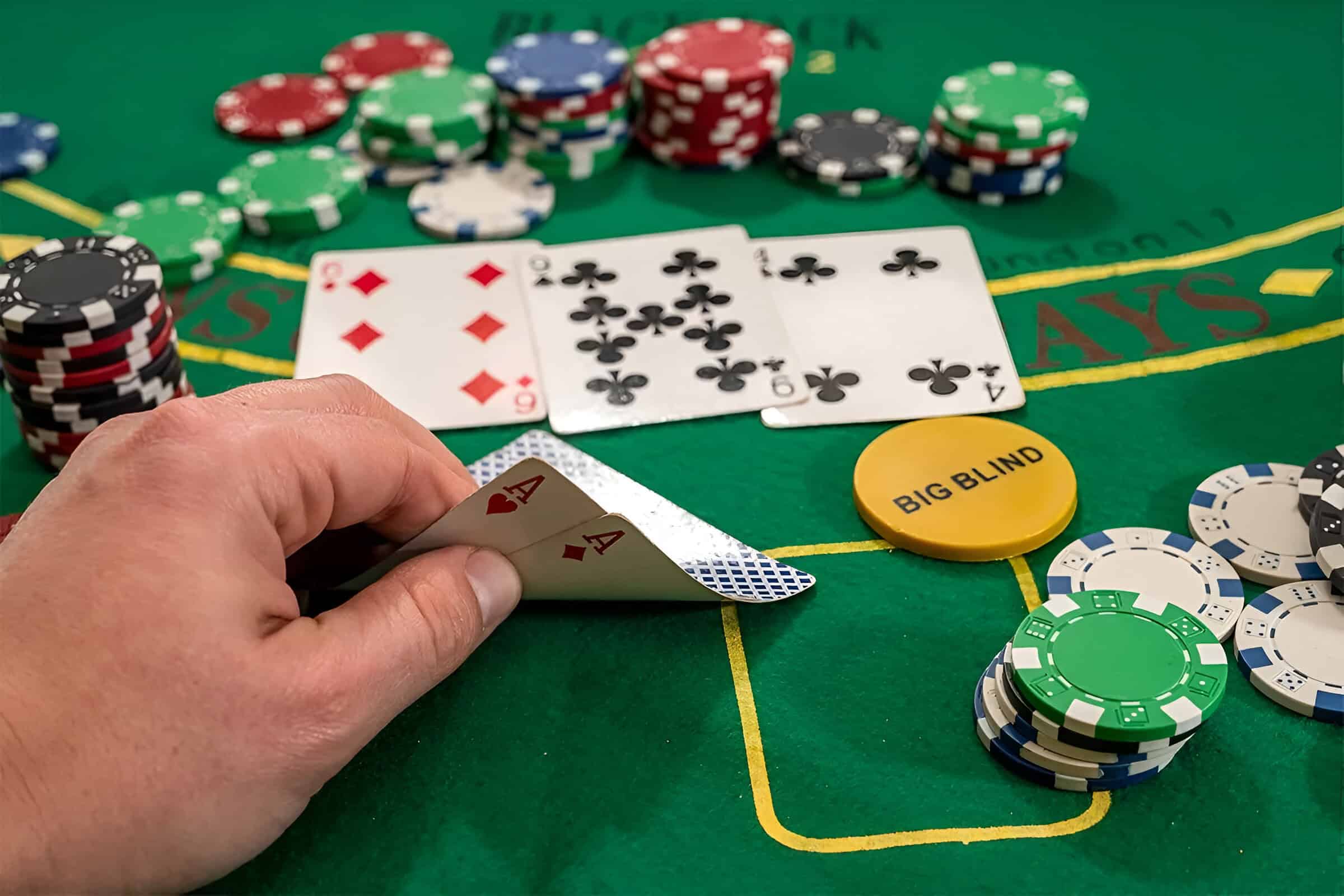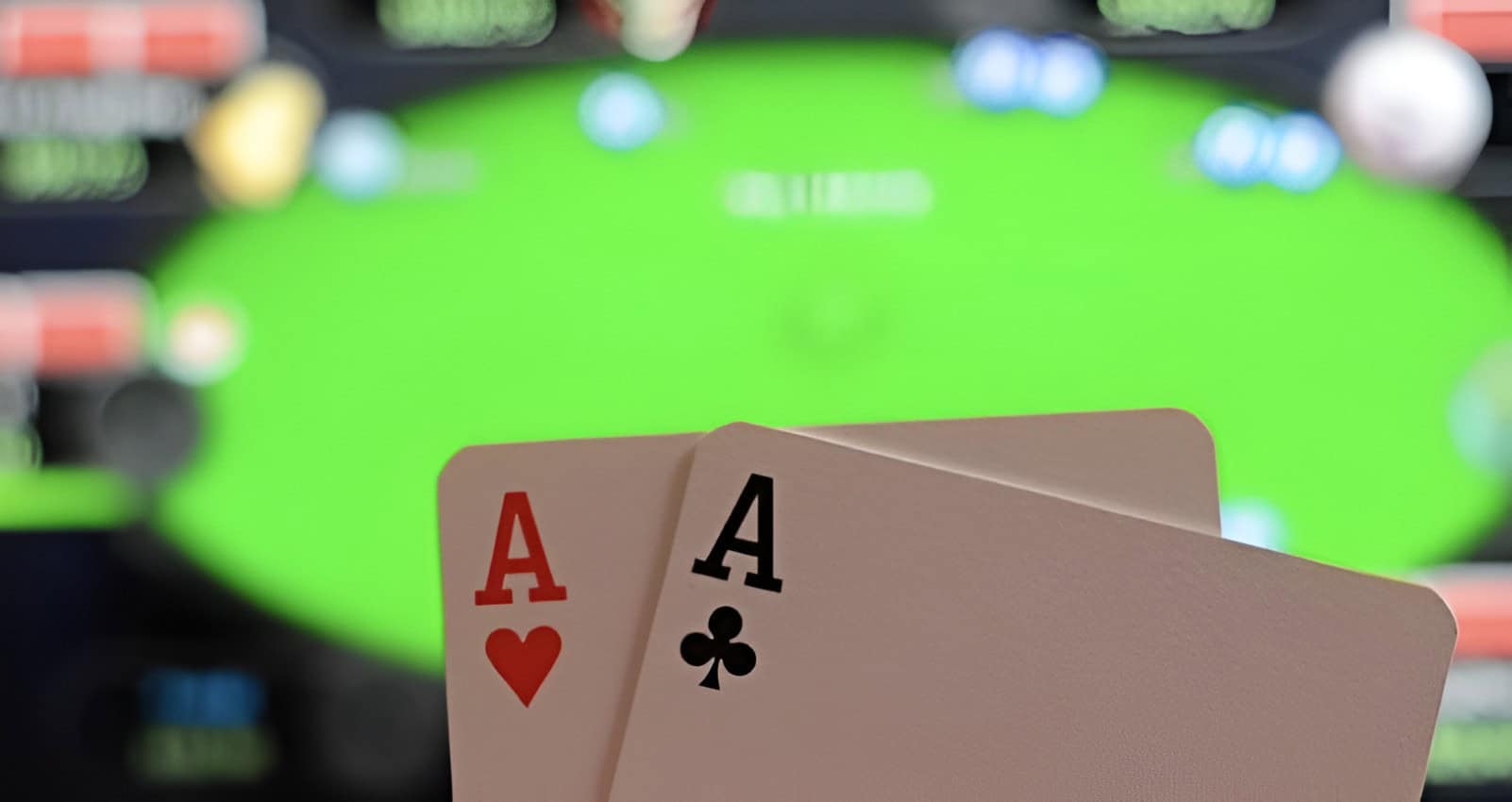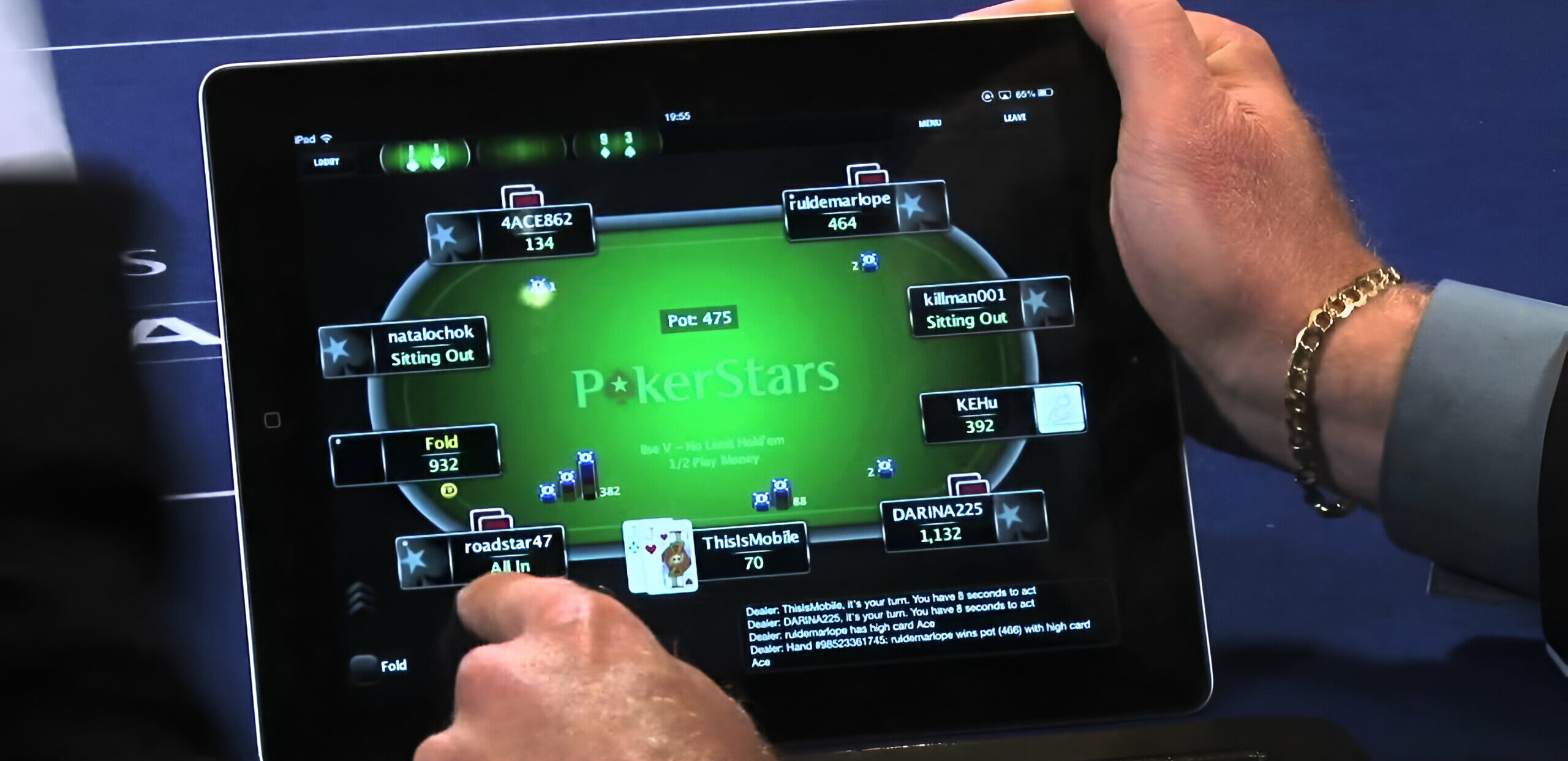
Artificial Intelligence in Poker: Can Machines Outplay Humans?
Poker has always been a battleground of wit, strategy, and sheer nerve-from smoky backrooms to glittering casinos and bustling online platforms. The game requires an extraordinary mix of intuition, calculation, and psychology. But as artificial intelligence evolves, a fascinating question arises-can machines actually outsmart and outplay their human opponents in this intricate dance of strategy and deception?
The Rise of AI in Poker: From Bots to Brilliance
Let’s start with a little history. Early poker bots were a joke-clumsy programs that couldn’t bluff their way out of a paper bag. They played according to predictable patterns and were often easily outmaneuvered even by novice human players. But as AI got better, so did the game’s digital foes.
The turning point arrived in 2017 when Libratus, an AI created by Carnegie Mellon University, destroyed professional human players in a grueling no-limit Texas Hold’em marathon lasting 20 days. This was no fluke of luck or simple exercise in brute computational power. Libratus unleashed complicated algorithms to adjust its strategies, analyze incomplete information, and execute bluffs that even seasoned players couldn’t understand.

A few years later, Pluribus took it up a notch. Unlike Libratus, which was only capable of playing against two at a time, Pluribus dominated six-player games-considered by most to be the ultimate test of poker prowess. It defeated the human pros and proved that AI can ace, well, one-on-one and even dominate the most chaotic multiplayer settings.
Why AI Is So Good at Poker
What is it about AIs that makes them such unbeatable poker machines? Here are a few key reasons:
Mastery over Data Crunching
Human, on the other hand, goes by intuition and experience, while AIs are fueled by raw data. So, it can study millions of hands, pick up patterns, and predict results with uncanny accuracy. The subtleties in an opponent’s play that a pro player would notice after dealing with tens of hands an AI can grasp in a split second.
No Emotions, No Tilt
Ever lose a hand and feel your blood reach boiling point? That is tilt—the emotional response that clouds judgment and sets strategy off track. AI has neither bad days nor emotional outbursts. It plays every hand with icy precision.
Adapting on the Fly
Today’s poker bots aren’t static; they learn and change in the game. If one human player tries to exploit a weakness, the AI almost instantly adapts and changes in the blink of a second, turning the tables in less time than it takes to say “all-in.”
AI in Online Poker: Friend or Foe?

AI brings both exciting opportunities and daunting challenges to online poker. Advanced poker bots and simulators could help players improve their skills. Just imagine going toe to toe with a high-class AI to perfect your game against complex moves and make more informed decisions.
The underside of this story is that if AI bots were unregulated, they would continue to wreak havoc in online poker rooms. Sometimes referred to as “poker bots,” these expose weak points in unsuspecting players by always making optimum decisions. Of course, they never get tired or distracted and hence are at unfair advantages in longer sessions.
Logically, a no-brainer for ethical players should be finding these bots. Common signs may include uniform decision-making time, rigid betting patterns, or a complete absence of emotional variance. Should one suspect one is up against a bot, the behavior may well be noted and mentioned to the administrators.
The Future of AI and Poker
What’s the future of AI in poker? Perhaps it is in the rise of hybrid play, where human players cooperate with AI systems to develop and perfect the strategy of play in real-time. Think of a player consulting a “poker cheat sheet” powered by advanced machine learning in the middle of the game. While intriguing, it brings up ethical questions regarding the point of the distinction between honest, fair play, and technological aid.
AI will also continue to be the training partner of players at all levels. New tools may mimic very specific scenarios, teaching users how to deal with high-pressure situations or how to perfect bluffing. For online platforms, advanced AI can be used in the detection of and banning unethical bots to ensure fair play.
However, with this step-up cooperation of AI with poker, the community needs to clearly indicate the point up to which it would still be regarded as poker. The future of poker could very well depend on how well a balance is struck between innovating the game and keeping it fair. Fundamentally, poker is not just about winning chips but about the test of creativity, flexibility, and toughness. However, while AI has really outplayed humans in many situations, the most unreplaceable part is the human element, reading opponents, adjusting strategy sometimes when it requires guts.
We, as players, may love AI as our means of growth and development. But like it or not, the days of purely human competition at the highest level may be numbered. The question is no longer “Can AI beat us?” but “What does it mean for the future of poker?”

Conclusion: Humans vs. AI-Who Holds the Better Hand?
Artificial intelligence has, without doubt, altered many aspects of poker while unveiling insights and abilities previously unimaginable. Starting from the chess-players’ dream-the friendly poker bot-to world-class opponents, AI technology continues to raise the bar in terms of possibilities.
But even as machines get smarter, they clearly lack that human spark that makes poker more than just a game. And so, the next time you sit down at a table-whether real or virtual-remember: It’s not just the cards in one’s hand but the stories you tell with them.
